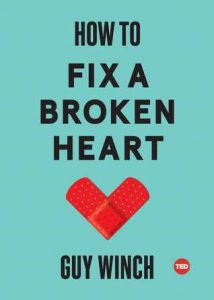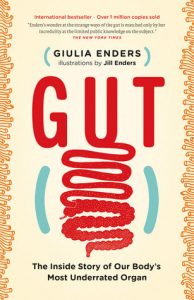 I’ve been making my way through some of the TED series books on my breaks (they’re a good size for a 15-minute slot – not that you can finish it in 15 minutes, but each chapter is short enough), and they’re quite a nice little series based on the corresponding talks. I haven’t chanced upon one that’s been life-changing yet, but they’re definitely charming little bites of information. I’ll have a list of all the current TED books, linked to the titles we have in our catalogue, below the cut.
I’ve been making my way through some of the TED series books on my breaks (they’re a good size for a 15-minute slot – not that you can finish it in 15 minutes, but each chapter is short enough), and they’re quite a nice little series based on the corresponding talks. I haven’t chanced upon one that’s been life-changing yet, but they’re definitely charming little bites of information. I’ll have a list of all the current TED books, linked to the titles we have in our catalogue, below the cut.
The one I started with was How to Fix a Broken Heart, which surprised me by addressing the overarching problem in dealing with a broken heart (when it falls outside of socially sanctioned heartbreak, i.e. when your significant other breaks up with you (outside of divorce or death), or when a pet dies): the structures simply aren’t in place to provide as much support for those who are undergoing heartbreak of this sort in comparison to the bereavement leave and understanding you get from coworkers & friends alike for more socially acceptable forms of heartbreak (e.g. death of immediate family or spouse, divorce). As a result, the brokenhearted are expected to pull themselves up by their bootstraps and get over it – without a support system, oftentimes facing exasperation or contempt from what would otherwise be their support system because why can’t they just get over it already??, while they’re already on low emotional resources.
Winch doesn’t just address the systemic issue. He provides solutions the heartbroken individual can use to heal better, following up with references to studies that support those solutions – because while time is a factor, what you do during that time also makes a difference. At the end of the book, you’ll feel a lot less guilty about how much it affects your functioning when your heart gets broken, especially because now you’ll know that people who are undergoing heartbreak have the same part of their brain activated in like fashion to people who are undergoing intense, almost unbearable, physical pain. So why do we expect people who are feeling intense, almost unbearable physical pain to function just as well as they do normally, just because we can’t see their pain or don’t file the circumstances under a socially acceptable folder for grieving?
